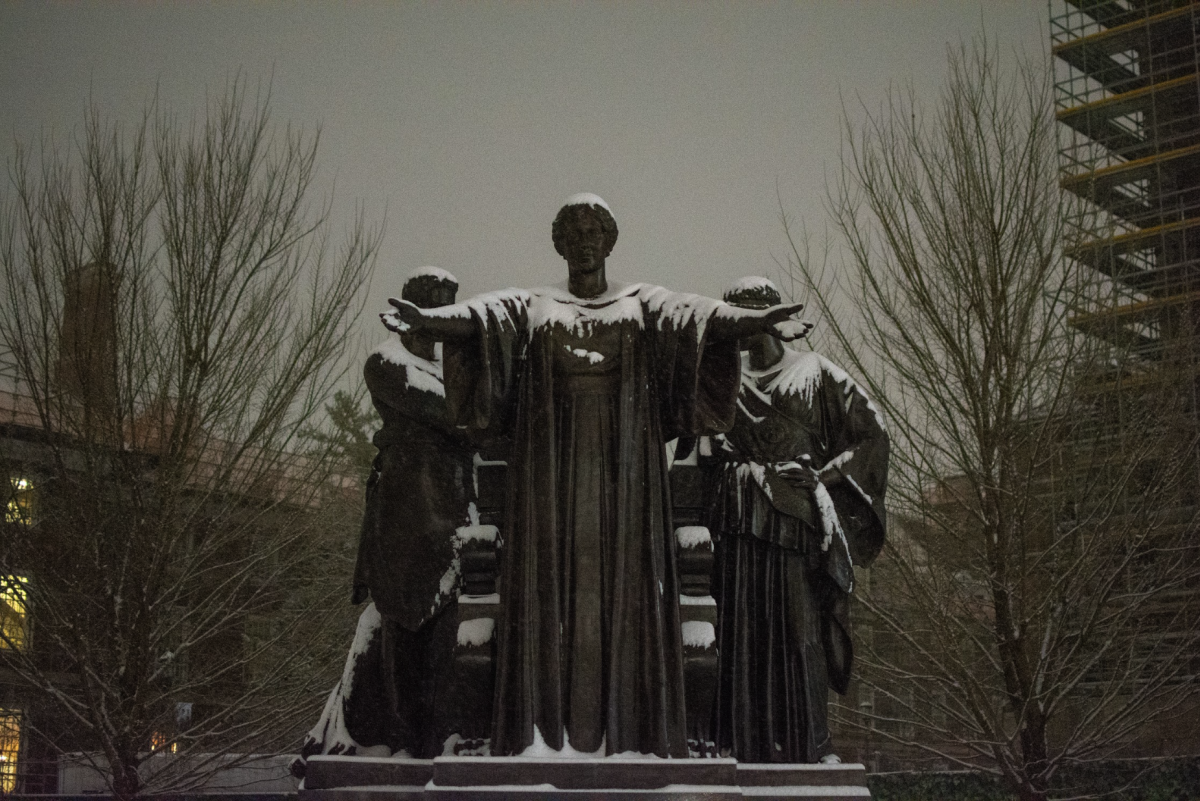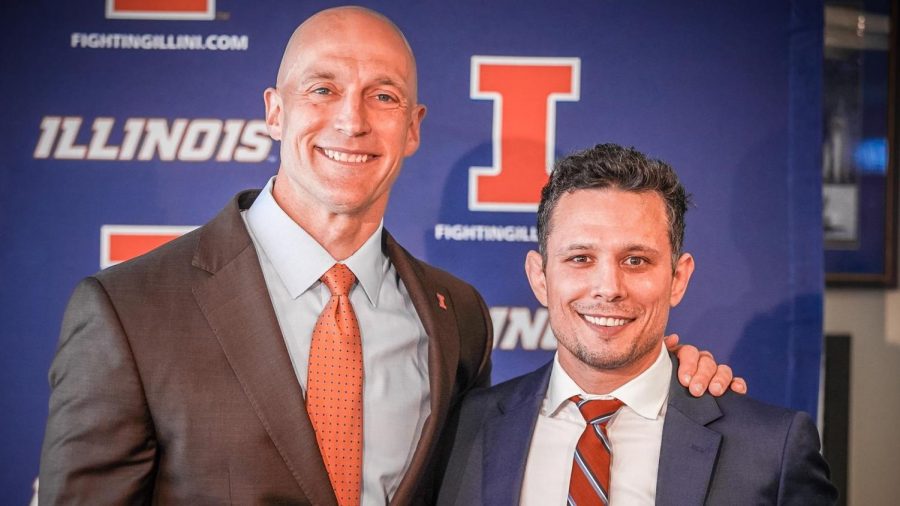Despite the state of Illinois owing the University more than $430 million, the availability of undergraduate research remains strong on campus. Officials involved with research said interest among undergraduates is high as well.
“Outside grants, like the ones from the National Science Foundation (NSF), support research on campus,” said Ivan Favila, assistant dean and director of the Morrill Engineering Program in the College of Engineering. “Internship opportunities (in research) might not be as available.”
Funding for research is provided by NSF, corporate sponsors and various government departments, including the Department of Energy.
“Research is pretty well-insulated,” said Allison Musser, an academic adviser in the School of Integrative Biology.
Undergraduate scholarships for research have also not taken a hit, Favila and Musser said. A lot of scholarships are funded outside of the University by independent organizations and individuals.
Get The Daily Illini in your inbox!
Science and engineering departments stress the importance of undergraduate research for students seeking to become professionals in their respective fields.
“It supplements whatever students learn in the classroom,” Favila said. “Students are involved in cutting-edge research typically not found in textbooks.”
Patrick Weatherhead, professor in the Department of Animal Biology, said a research professor heads a typical lab. The lab may employ post-doctoral researchers who have already earned a Ph.D. in their respective fields. Graduate students working in a lab can either be working on a Ph.D. or a master’s degree.
Undergraduate researchers may join a lab to get paid or complete a bachelor’s thesis. Weatherhead has advised over 30 undergraduate students who have finished a research thesis.
“Undergraduate research is a great experience regardless of the field you’re in,” Musser said.
Musser said students gain many marketable skills needed for graduate school because of this research.
“Undergraduate research gives experience to people who will be moving and shaking the world,” said Anna Kropornicka, junior in LAS.
Kropornicka conducts bioinformatics research with John Cheeseman, professor in the Department of Plant Biology.
Despite the availability of such opportunities in research, some Congressional reports suggest interest in scientific research for natural-born U.S. citizens is in decline.
According to a 2006 Congressional Research Service report, a third of graduate students receiving their Ph.D. at U.S. institutions were foreign-born in 2004. In the same year, about 61.3 percent of Ph.D. graduates in engineering were foreign-born.
“Knowledge is power,” Musser said. “If we want to continue being on the forefront of innovation, we have to continue supporting the sciences.”
The School of Integrative Biology encourages research through handouts, advisors, e-mail and Facebook. Funding for advertisements about open research positions and the importance of getting involved has also not taken a hit since the University’s financial problems began, Favila and Musser said.
Even with those resources, undergraduates may still have trouble finding a lab to work in.
“I initially had trouble finding a research lab,” Kropornicka said. “I attended the Molecular and Cellular Biology workshops to find something, but I ended up joining Dr. Cheeseman’s lab.”





